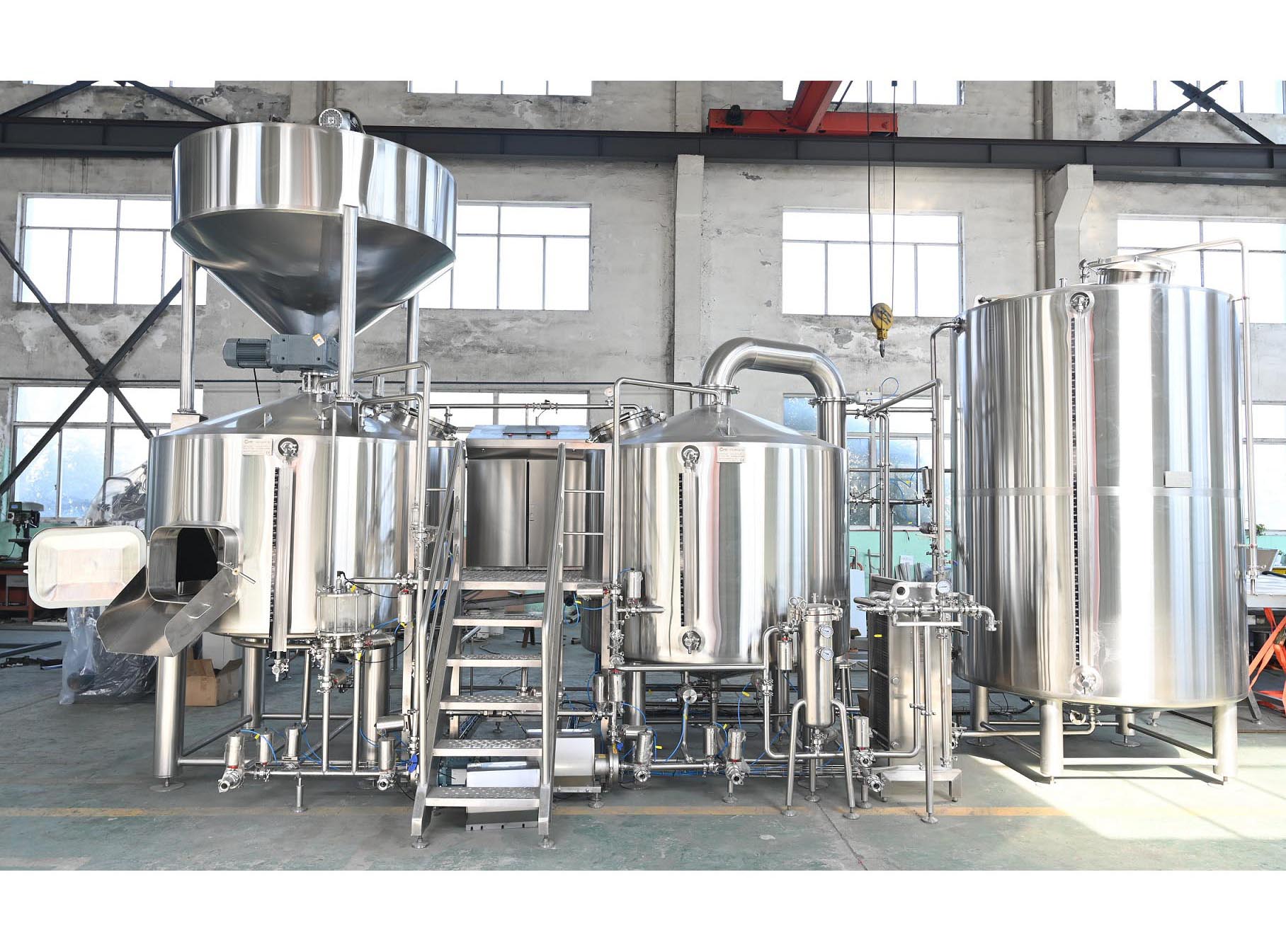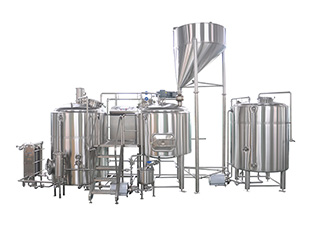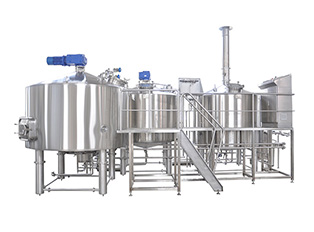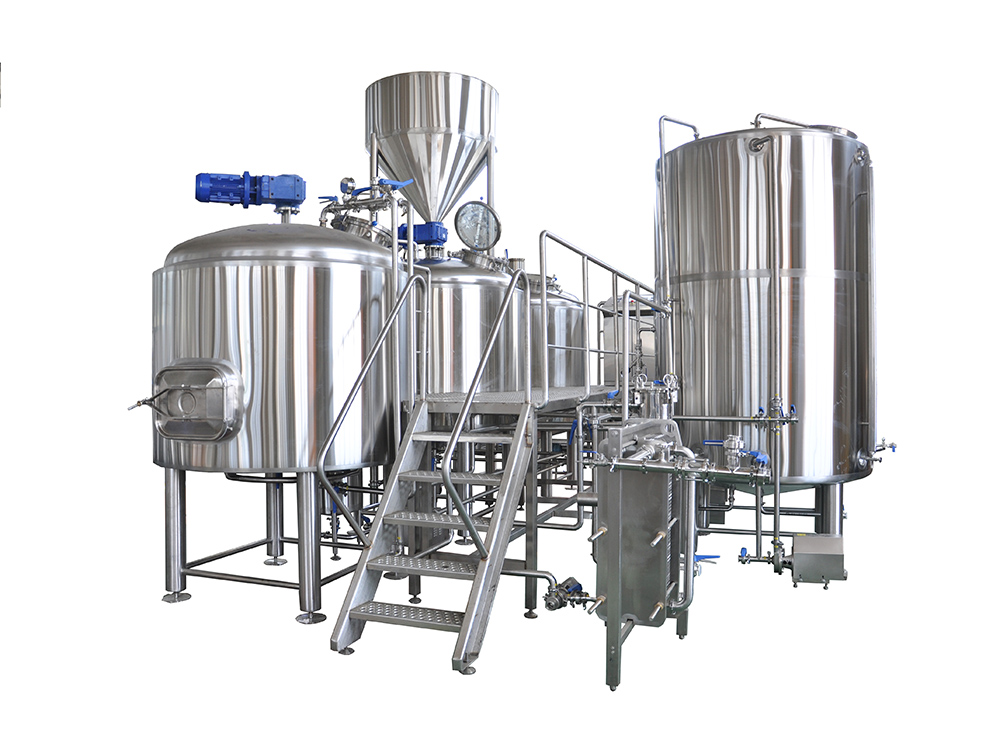
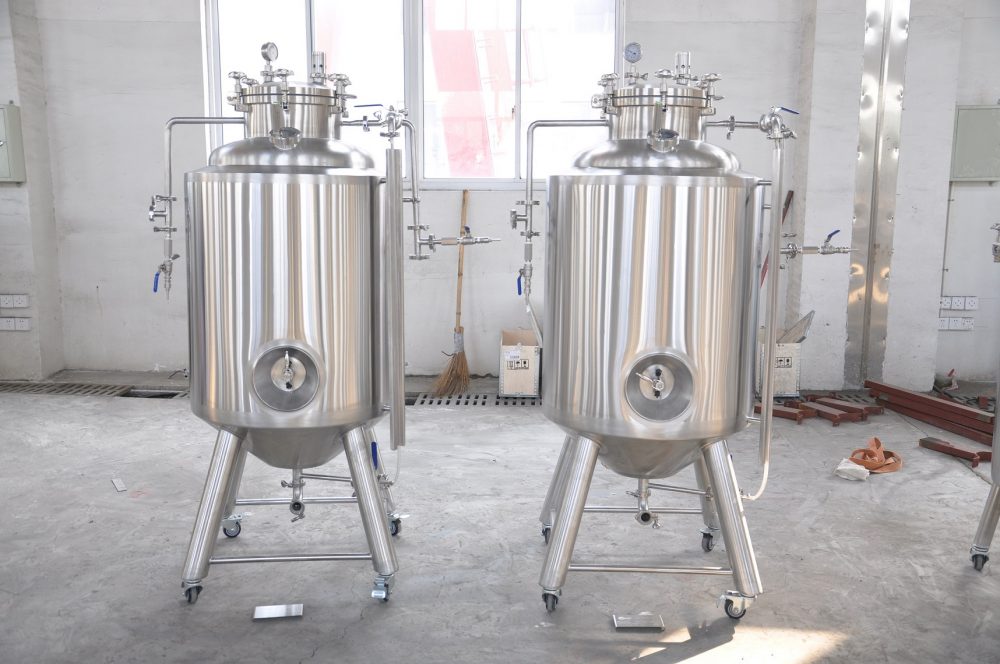
Yeast Propagation Tank
A yeast propagation tank is a specialized fermentation vessel designed for the controlled cultivation and expansion of yeast cultures prior to their use in industrial fermentation processes, particularly in brewing, distilling, and bioethanol production.
NFE provides both yeast propagation system and single yeast propagation tanks from 100L - 20000L.
Advantages
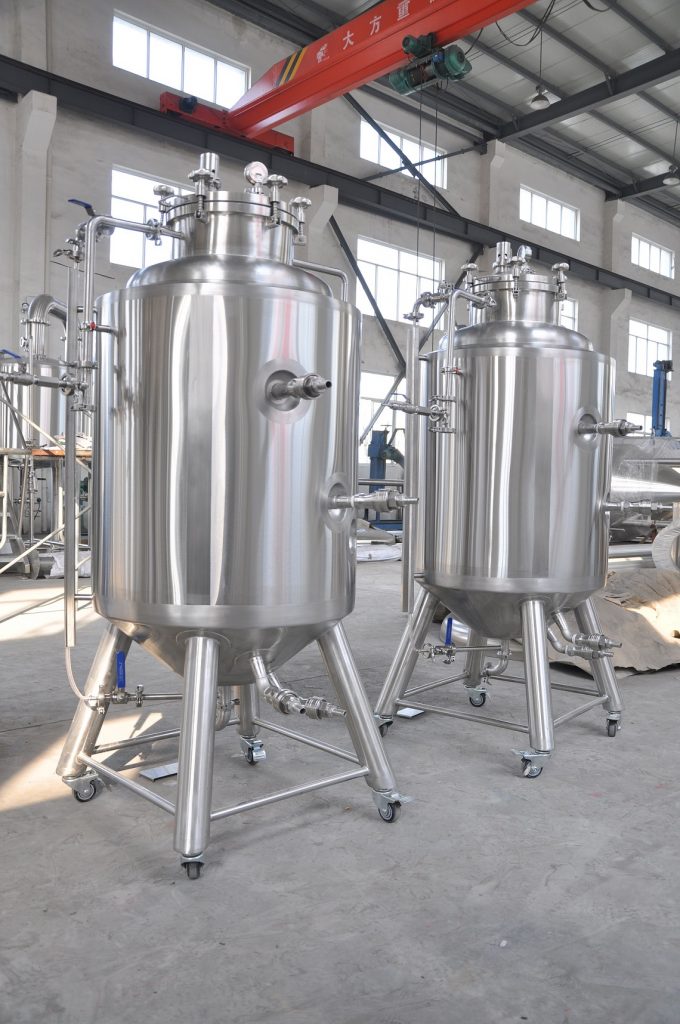 |
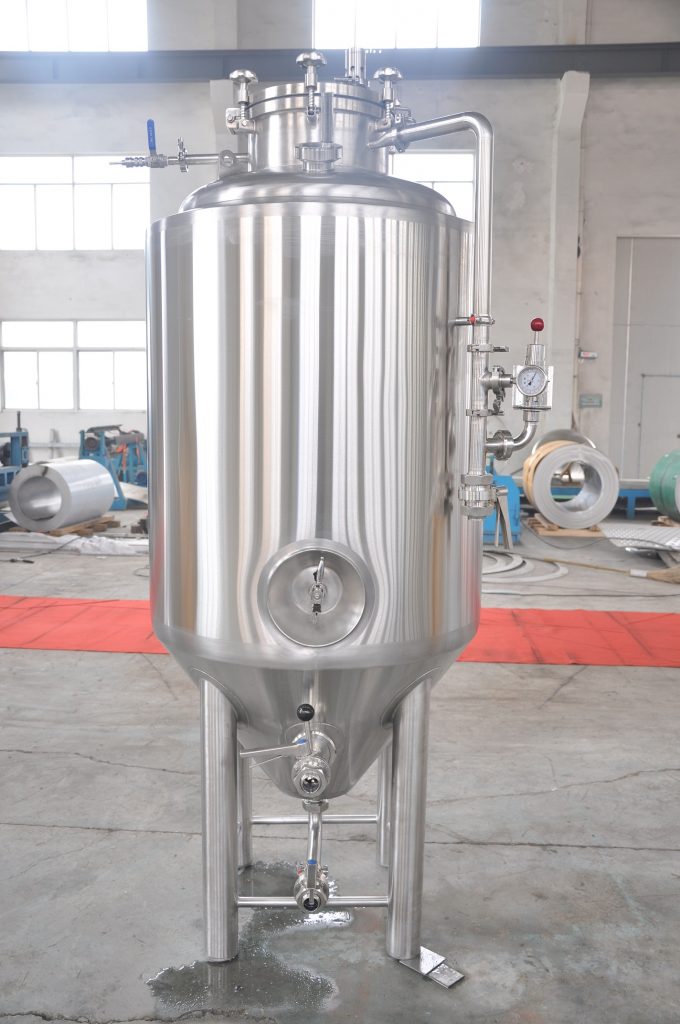 |
NFE design and make custom-made yeast propagation tanks engineered to meet the exact requirements of breweries, distilleries, and biotech facilities. Our systems combine advanced microbial control with scalable design to optimize yeast health and fermentation consistency.
For Craft Breweries:
-
Compact 50–500L tanks with mobile skids
-
Hazy IPA optimization: Yeast suspension stability
For Industrial Breweries:
-
Automated 5,000–20,000L systems
-
Multi-train propagation for continuous production
Specialty Features:
-
Pressurized propagation (0.5–1 bar) for lager yeast
-
Wild yeast/Brettanomyces compatibility
4. Absolute Process Control
-
Real-time monitoring:
-
Optical density (cell count)
-
pH/DO/temperature (PLC-logged)
-
-
Closed-system hygiene:
-
EHEDG-certified sanitary design
-
Automated CIP/SIP cycles
-
Parameter
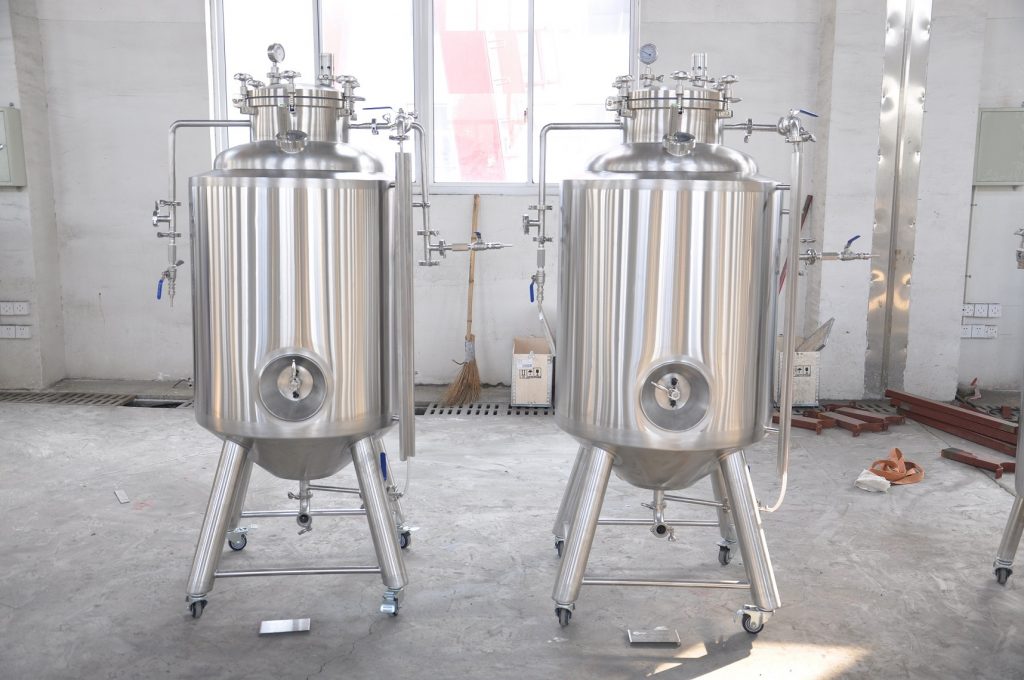 |
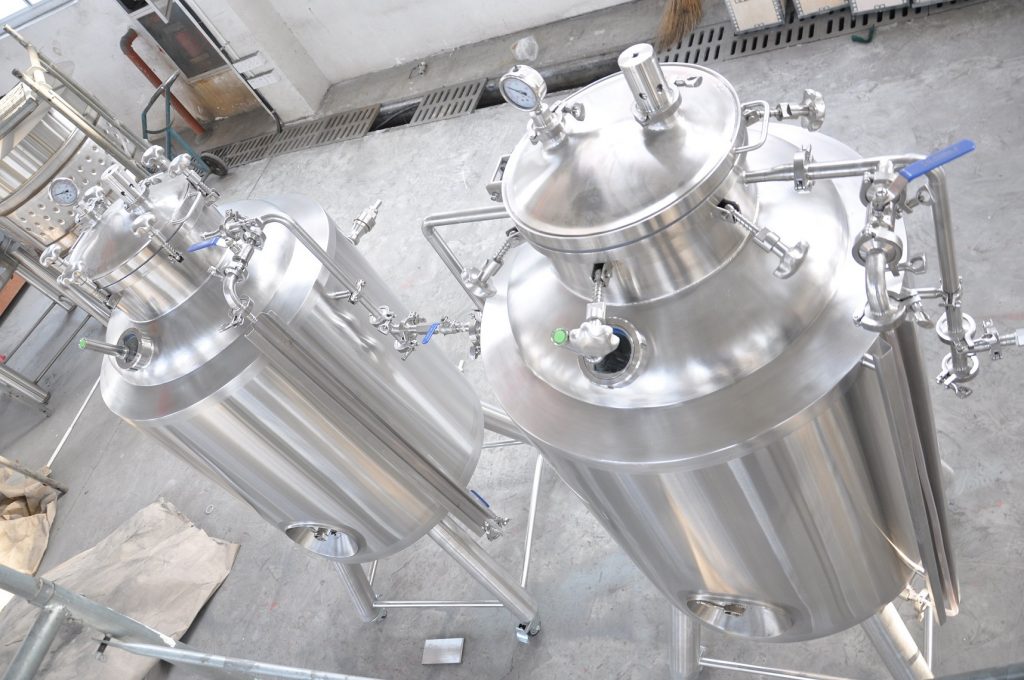 |
Core Applications and Value of Yeast Propagation Tanks in Breweries
In beer production, yeast propagation tanks are critical equipment for ensuring fermentation quality and cost control. Below are their specific applications and technological advantages in breweries.
1. Core Role of Yeast Propagation
-
Scaling from lab to production-level yeast:
Gradually expands small lab-cultured yeast (e.g., slant cultures) to production-scale volumes (typically reaching 150–200 million cells/mL). -
Replacing commercial yeast purchases:
Reduces long-term costs, saving 30–50% on yeast procurement for large-scale breweries.
2. Key Application Scenarios in Breweries
(1) Fermentation Start-Up Optimization
-
Reduces lag phase:
High-viability yeast from propagation shortens primary fermentation initiation by 12–24 hours, improving equipment turnover. -
Stabilizes fermentation performance:
Avoids batch variability from commercial yeast, ensuring consistent fermentation speed and flavor.
(2) Specialty Yeast Management
-
High-density yeast cultivation:
Supports high-gravity beers (e.g., Imperial Stout) with cell densities up to 250 million cells/mL. -
Wild/mixed-culture propagation:
Enables co-cultivation of lactobacillus (for souring) or Brettanomyces (for wild ales) without contamination risks.
(3) Yeast Harvesting and Reuse
-
Reduces serial repitching:
Limits mutations from traditional yeast slurry recycling (usually ≤5 generations). -
Revitalizes yeast:
Nutrient supplementation (e.g., zinc, vitamins) during propagation restores metabolic activity.
3. NFE’s Brewery-Specific Propagation Tank Designs
To meet brewery needs, NFE offers:
-
Low-temperature propagation (12–15°C):
Optimized for lager yeast adaptation. -
Pressurized propagation (0.5–1.0 bar):
Mimics fermentation conditions to reduce yeast stress during pitching. -
Integrated CIP cleaning:
Seamlessly connects to brewery cleaning systems to prevent cross-contamination.

